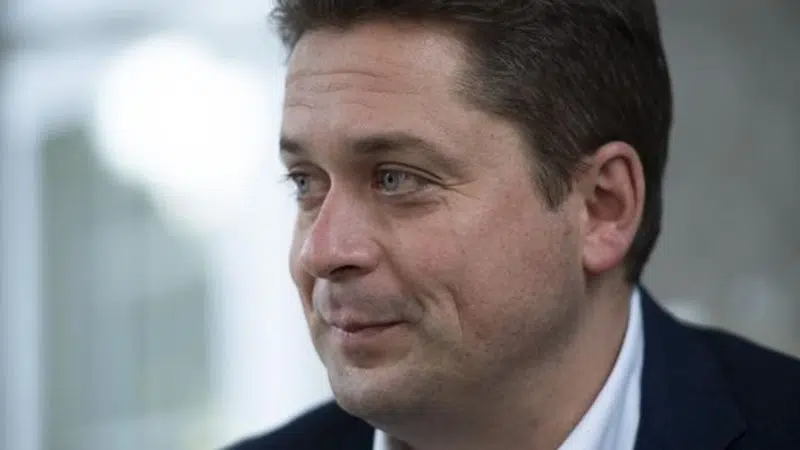
Bittersweet Conservative post-election gathering set for Ottawa Wednesday
OTTAWA — Conservative Leader Andrew Scheer knows more Latin than most.
And at this week’s first Conservative caucus meeting following the Oct. 21 election, many will be listening for how far Scheer goes in his opening remarks to incorporate two words many people do know: mea culpa — it is my fault.
It will be a bittersweet gathering for the newly-elected, returning and retiring Conservative MPs gathering in Ottawa Wednesday.
Scheer is presiding over 26 more MPs than he had when he took over leadership of the party in 2017. The Conservatives also nabbed a historic victory in the popular vote, securing the most support they’ve had since the party came into being in 2004.
